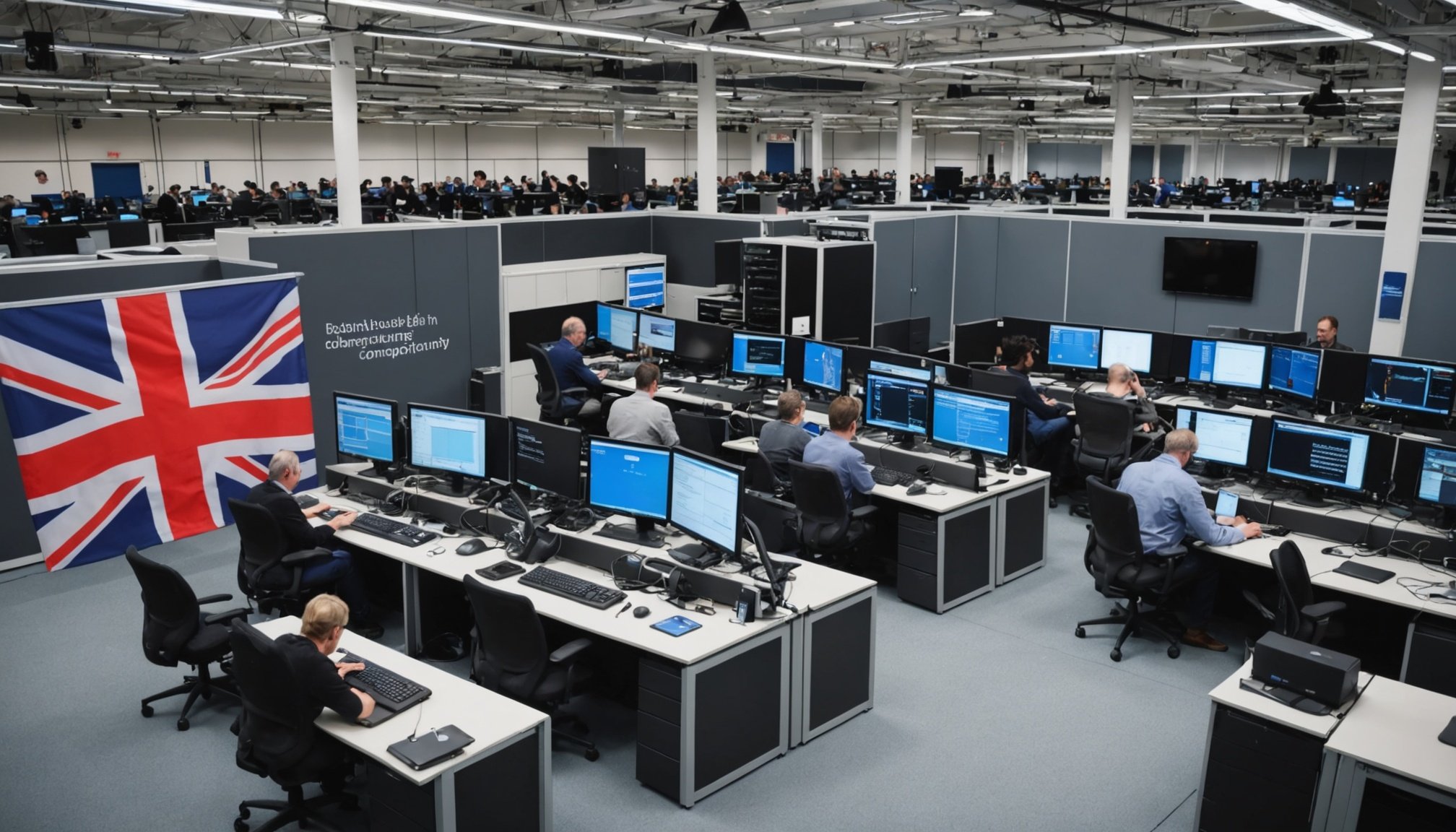Global landscape of high-tech computing research
Understanding the global computing research comparison reveals which nations dominate technological innovation. The United States, China, and a few European countries consistently lead in high-tech computing research. These international research leaders invest heavily in advanced infrastructure, cultivate top-tier talent, and foster strong collaborations between academia and industry.
Global research rankings often consider factors such as publication volume, citation impact, and patent filings to measure a country’s output. The UK holds a reputable position, frequently ranking within the top ten globally due to its robust university systems and focused government funding. This ranking reflects not just quantity but the quality and influence of UK research in areas like artificial intelligence and quantum computing.
Also to see : How Can Emerging High-Tech Solutions Transform Everyday Computing?
Key drivers of competitiveness include a skilled workforce, research funding, innovation ecosystems, and strategic partnerships. Countries that excel demonstrate a clear commitment to maintaining agility in technological advancements and prioritise cross-sector cooperation. These drivers not only enhance output metrics but also position nations as trailblazers in computing innovation, attracting global investments and talent.
UK’s strengths and achievements in high-tech computing
The UK computing achievements are prominent across various cutting-edge fields, showcasing sustained innovation and global impact. Recent breakthroughs led by UK researchers have significantly advanced areas such as quantum computing, artificial intelligence, and cybersecurity. For instance, British scientists have been pivotal in developing novel quantum algorithms that enhance computational speed and security, placing the UK at the forefront of this competitive domain.
Also read : What role does the UK play in the development of open-source computing platforms?
In addition, the UK excels globally in data science, machine learning, and cloud computing infrastructure. These areas benefit from the country’s strong academic institutions and a collaborative tech industry ecosystem. The seamless integration of research and commercial application drives not only national but international progress.
Recognition of UK research is evident through numerous international awards and publications. British experts frequently contribute to high-profile conferences and journals, further consolidating their authority in computing breakthroughs. This sustained visibility underlines the UK’s role as a global leader in high-tech computing innovation, reflecting both its strong research capabilities and its ability to influence worldwide technological trends.
Comparative analysis: UK vs US, China, and other leaders
When examining UK vs US research output, the US consistently leads in volume and funding. American institutions benefit from larger investments, fostering innovation across numerous fields. The UK, while prolific, operates with comparatively smaller research budgets, impacting scale but not necessarily quality. In technology, UK vs China reveals a different dynamic: China excels in rapid technology deployment and manufacturing scale, especially in telecommunications and AI, often surpassing the UK in patent filings and industrial application.
Performance in artificial intelligence highlights the US as the global front-runner, supported by extensive private-sector funding from tech giants. The UK holds a strong position in AI research, buoyed by world-class universities and public initiatives, though its commercialisation lags behind. In quantum computing, the UK is among a few leaders, investing strategically to bridge the gap with the US and China, where larger-scale projects dominate. Cybersecurity is another critical area; the UK focuses on developing resilient systems and policy frameworks, contrasting with the broad industry-driven approaches in the US and China.
Challenges for UK researchers include funding limitations, brain drain, and scaling innovations globally. Nevertheless, the UK maintains competitive advantages through collaborative ecosystems and a strong regulatory environment fostering ethical technology development. This mix positions the UK as a key player in the evolving international technology landscape.
Investment and government support for UK computing research
The UK government science funding plays a pivotal role in advancing computing research, channeling significant resources into both foundational studies and emerging technologies. This strategic investment is designed to maintain the UK’s competitive edge in areas like artificial intelligence, quantum computing, and cybersecurity.
Public-private partnerships in research have become increasingly prominent, enabling collaboration between universities, industry leaders, and government bodies. For instance, joint initiatives often pool expertise and capital, accelerating innovation cycles and translating research breakthroughs into market-ready applications.
Such UK research investment not only fuels experimentation but also strengthens infrastructure, including high-performance computing facilities and data centres. The government’s commitment to funding is complemented by policies fostering an ecosystem that attracts private sector participation, ensuring sustained growth.
The impact of funding and policy is evidenced by the rise in high-quality publications, patents, and startups emerging from UK institutions. These outcomes highlight the value of coordinated efforts between the public sector and industry, demonstrating how targeted funding can enhance the UK’s global standing in computing research.
Key metrics and future outlook for UK high-tech computing research
Understanding the UK research rankings in high-tech computing involves analyzing key metrics such as citations, patents, and research collaborations. The UK consistently ranks among the top countries globally for computing research impact, marked by a robust citation count reflecting high-quality academic output. Patent filings further demonstrate the practical innovation from UK institutions, signifying advances in emerging technology fields. Equally important are international research collaborations, which have expanded significantly, enhancing both knowledge exchange and resource sharing.
Current trends show a growing emphasis on artificial intelligence, quantum computing, and cybersecurity within UK computing research. These areas attract increasing funding and foster partnerships with global tech leaders, enriching the UK’s research ecosystem. The future of UK technology depends heavily on sustaining these trends while adapting to shifting global priorities.
Several factors influence the future competitiveness and innovation potential of UK computing research. These include continued investment in infrastructure, talent development, and policies that encourage open collaboration. Maintaining strong ties with international partners will be crucial as emerging challenges demand multidisciplinary, cross-border solutions. This strategic approach positions the UK to remain a global leader in computing research metrics and innovation.




